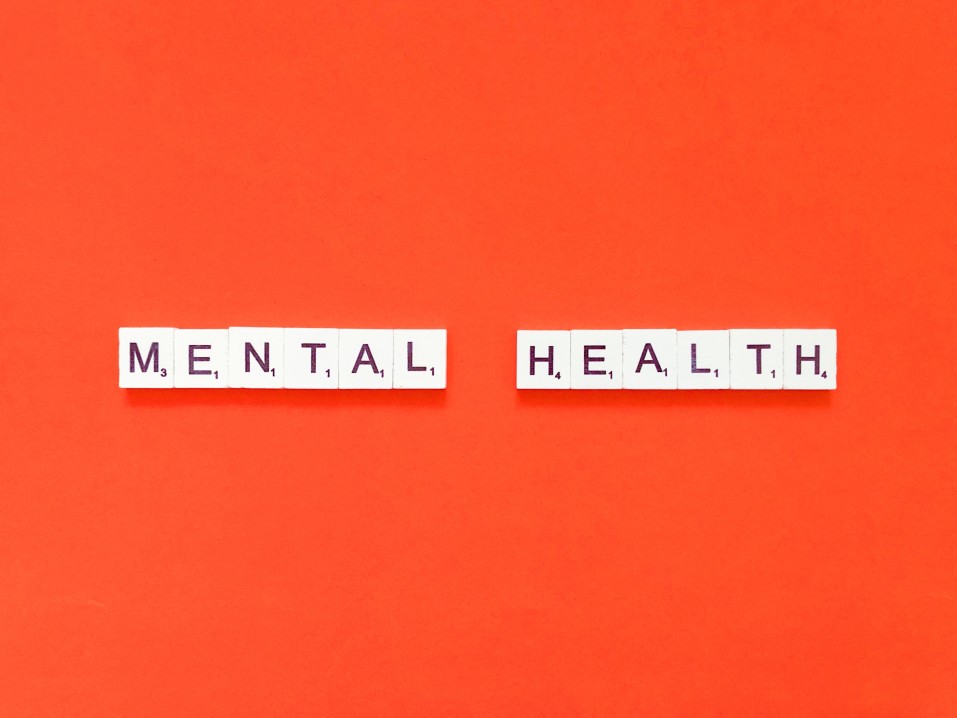
What is mental health and why is it so important?
Mental health is important during every stage of life – from childhood to adulthood. Understanding the importance of mental health is vital to optimising all aspects of wellbeing. Mental health is inclusive of our psychological, emotional and social wellbeing.
Mental Health affects how we think, feel and act, and therefore is directly linked to how we handle stress and the situations life throws our way. Working towards a healthy mind is a lot about unlearning our unhelpful ways of thinking/behaving, and learning helpful ways to manage stressors.
The World Health Organisation defines good mental health as “a state of well-being in which every individual realises his or her own potential, can cope with the normal stresses of life, can work productively and fruitfully, and is able to make a contribution to her or his community.”
How to improve mental health
We can improve our mental health by taking care of our body (eating healthy, getting enough sleep, slowing down), connecting with others (friends/family/community), and spending time doing things we enjoy. Maintaining a gratitude journal and working towards achieving a goal can also help us feel positive and motivated.
Seeking professional support can be helpful at times when things are overwhelming, and psychologists can help equip you with skills to better manage stress, low mood, and relationships.
Here are several ways you can take steps to improve your mental health today:
- Exercise
- Eating well
- Going to bed on time
- Writing down something you are grateful for
- Be positive to yourself
- Open up to someone you trust
- Do an act of kindness or to be helpful
- Knowing your limits and taking a break
What is a mental health plan?
A mental health care plan is something you can complete with your GP if you are experiencing mental health issues. It involves collaboratively forming goals with your GP, and receiving a referral to a psychologist for 6 sessions.
These 6 sessions allow you to receive a medicare rebate per session, and ensures a multidisciplinary and comprehensive approach to your care. Individuals are entitled to 10 medicare rebates per calendar year for individual psychology sessions.
How can exercise improve mental health?
- Exercise releases endorphins and serotonin that improve your mood.
- It gets you out of the house and into the community – encouraging connections with others and reducing feelings of loneliness/isolation.
- It helps regulate your sleep so you can have a good nights rest which helps to make you feel more energised during the day.
If you or someone you know is struggling with mental health concerns call Lifeline on 13 11 14
If you would like to book to speak with a GP about your mental health, please click here.
Want more information?
Call (03) 5611 3365 to speak to a friendly patient concierge
or book an appointment here

